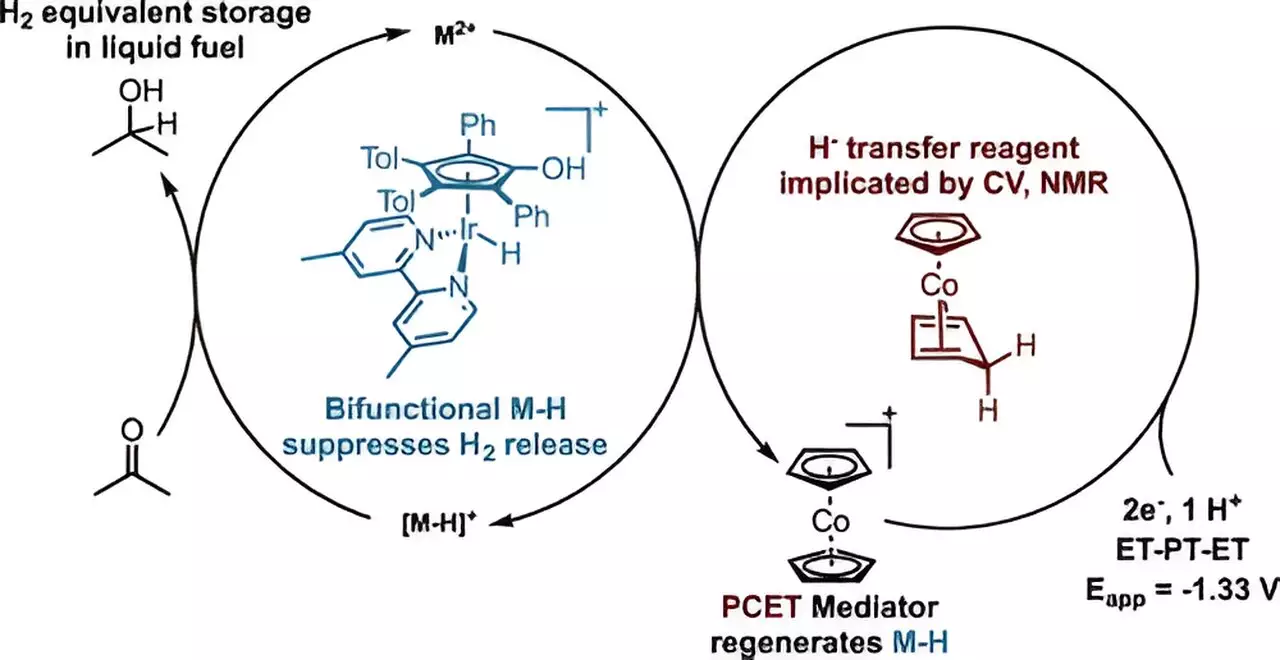As California shifts towards renewable energy sources, the need for effective energy storage technologies becomes increasingly apparent. Solar power generation decreases at night and during winter, while wind power is intermittent. This variability in renewable energy sources necessitates the use of natural gas to stabilize the electric grid. However, this dependency on natural gas is not sustainable in the long run.
One promising technology for renewable energy storage is liquid organic hydrogen carriers (LOHCs). These carriers have the potential to store and release hydrogen using catalysts and elevated temperatures. LOHCs, such as isopropanol and acetone, can serve as “liquid batteries” that store energy and release it as usable fuel or electricity when needed. By efficiently converting and storing electrical energy in liquid fuels, LOHCs offer a new and innovative approach to energy storage.
Researchers at Stanford University, led by Robert Waymouth, have made significant advancements in the development of LOHCs for energy storage. They have identified isopropanol and acetone as promising ingredients for hydrogen energy storage and release systems. Isopropanol, a high-density liquid form of hydrogen, can be stored or transported through existing infrastructure until it is needed as a fuel or to release hydrogen without emitting carbon dioxide.
One of the key findings of the research is the development of a catalyst system that can selectively generate isopropanol from protons and electrons without producing hydrogen gas. This breakthrough was achieved using iridium as the catalyst and cobaltocene as a co-catalyst. Cobaltocene, a compound of cobalt, has proven to be highly efficient in delivering protons and electrons to the catalyst, thus avoiding the production of hydrogen gas.
The development of LOHC systems has the potential to revolutionize energy storage for various industries and sectors, as well as for individual solar or wind farms. As the research continues to evolve, the goal is to make LOHC systems more affordable and scalable. By exploring other catalysts, such as iron, the researchers aim to enhance the efficiency and accessibility of LOHC technology.
The research on liquid organic hydrogen carriers (LOHCs) represents a significant step forward in the quest for sustainable and efficient energy storage solutions. With further advancements and innovations in this field, LOHC systems could play a crucial role in the transition towards a cleaner and more sustainable energy future.


Leave a Reply